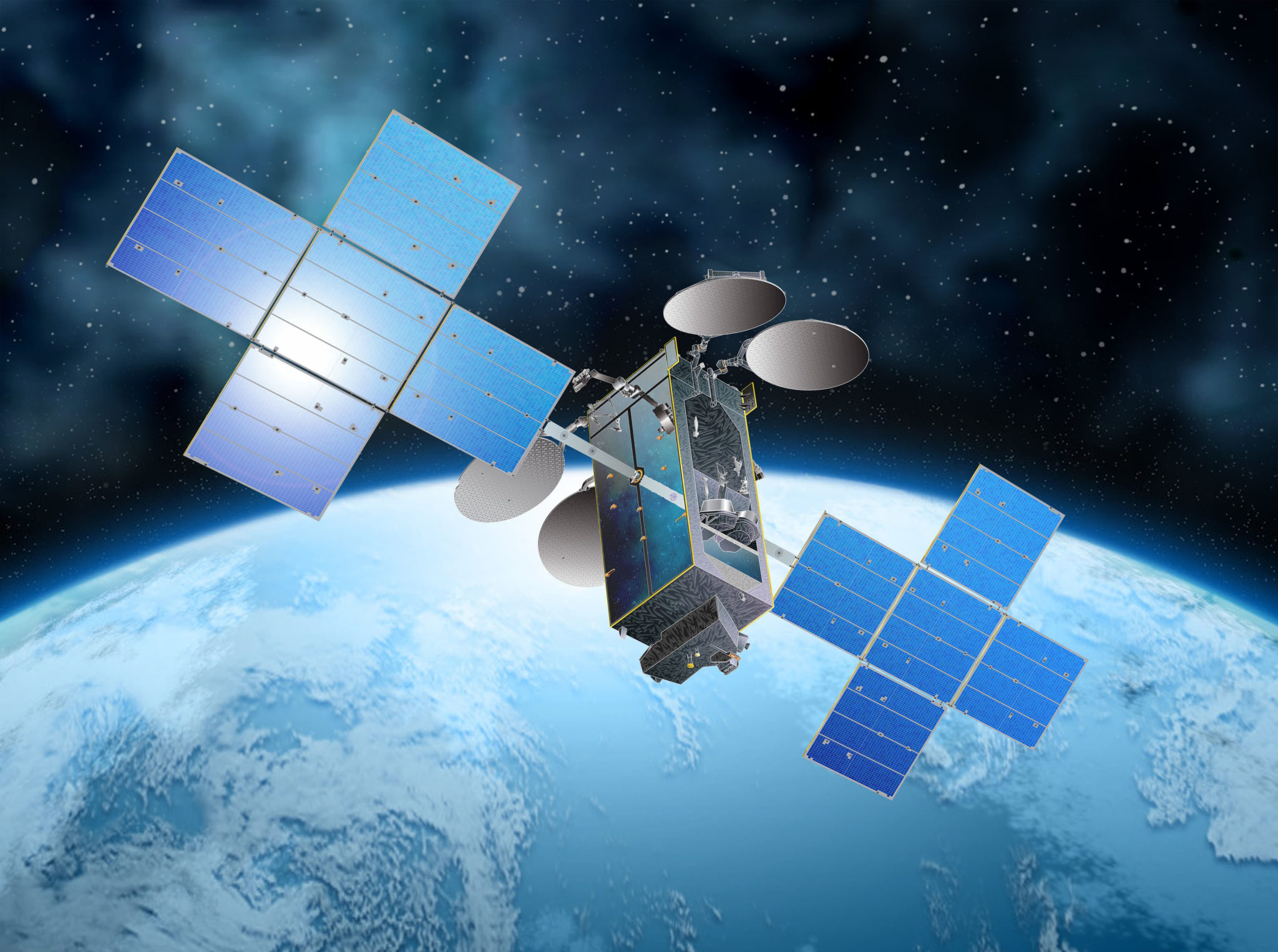States May Ban Online Censorship
Until now, the Masters of the Universe have seemed invulnerable. Facebook, Twitter, Google, and Amazon have grown accustomed to getting their way without effective opposition. Competitors can’t challenge their market domination, and the Biden-Harris junta evidently doesn’t want to rein them in. Unless the states intervene, Big Tech owns us.

Some states, though, have decided to enter the fray. Many have accused major tech platforms of online censorship. Florida and Montana led the way, considering laws forbidding censorship in social media, browser search engines, and online shopping fora.
Add Texas to the list. Texas Senator Bryan Hughes (R-Mineola) sponsored a bill that could penalize Amazon, Facebook, Google, or Amazon for blocking access to information or commentary.
The bill would authorize Texans banned or suspended by Twitter, Facebook, or YouTube to sue them.
Hughes said, “We don’t allow a cable company to cut off your television because it doesn’t like your religion.”
What do the states say this is about?
Governor Greg Abbott backed the Hughes bill. “Big Tech’s effort to censor conservative viewpoints is un-American”, Abbott said, “and we’re not going to allow it in the Lone Star State.” Abbott accused several firms of leading “a dangerous movement to censor conservative voices and religious freedoms.”
To this, Abbott’s targets have a prepared response. Online firms have long claimed safe harbor under Section 230 of the 1996 Telecommunications Act. The section treats them as ‘common carriers’, not as publishers. They would, therefore, be immune from defamation or copyright infringement lawsuits for material posted on their platforms. The reasoning is that they don’t control what users post, any more than the phone carrier controls voice conversations.
Call 1-855-216-0185
Abbott and Hughes argue that certain firms have forfeited these exemptions. They’ve done so, Abbott says, by acting as publishers. Rejecting content for political, religious, or social reasons is the behavior of a publisher. And publishers don’t qualify for Section 230 protection.
Will the states prevail in court? Check this space for updates.
Get the most from your online experience. For the best deals in internet service, contact Satellite Country. Call today. We can help.
Call 1-855-216-0185
When would now be a good time to order TV or internet service? Call today.










